10 Essential Nutrients That Your Body Needs

Dietary Guidelines from the US federal government for Americans report and notes that many adults lack the essential nutrients, including several vitamins and minerals. Busy lifestyles, lack of knowledge and poor diet are often to blame.
The right amounts of different types of nutrients are essential for each living organism. The nutrients from different foods give our systems the essential materials necessary for our bodies to be strong and healthy.
There are many types of essential nutrients, and each of them has a specific purpose. Learning about the main and essential nutrients your body needs – and why – is the first step to improve your overall health and, possibly, the prevention of disease.
Here Are The Top 10 Essential Nutrients For The Body.
1. Vitamin A
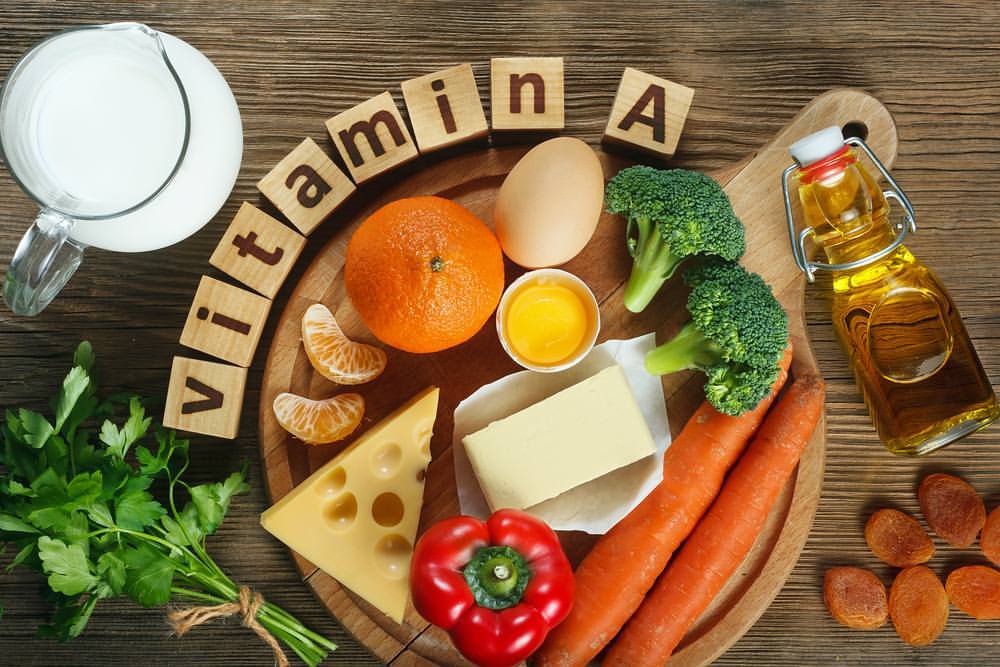
This essential vitamin plays an important role in growth and development in general, including proper vision, healthy teeth, shiny skin, strong bones and more.
Vitamin A also protects the body from different types of infections and promotes the health and growth of cells and tissues in the body. Vitamin A comes in two forms – retinoids and carotenoids.
Some foods rich in vitamin A include carrots, sweet potatoes, cantaloupe, pumpkin, spinach, eggs, watermelon, kale, papaya, peaches, apricots, tomatoes, dried beans, lentils, red peppers, guava, broccoli, liver, milk and fortified cereals.
2. Vitamin C
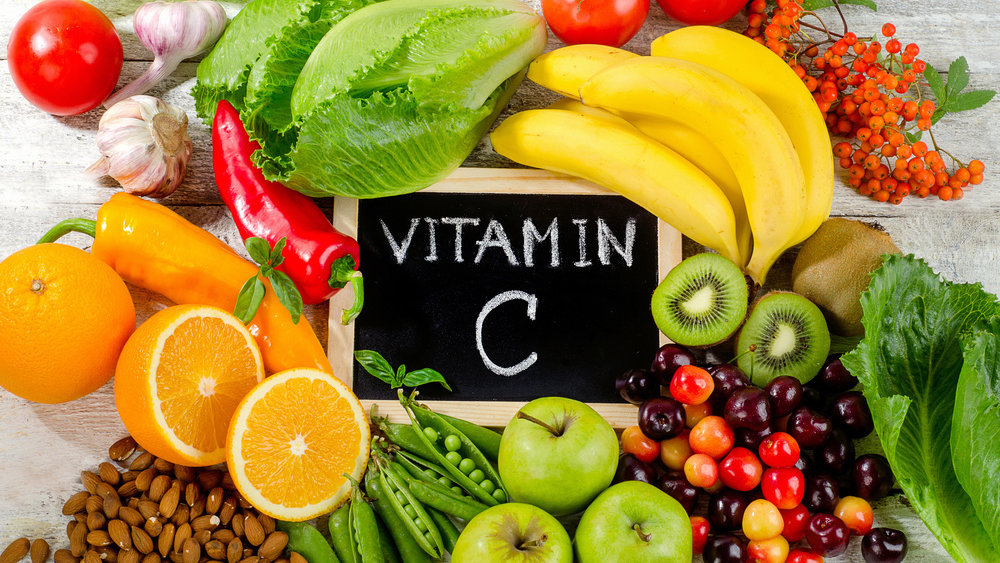
This water-soluble vitamin is an antioxidant that helps protect cells from free radical damage, decreases the risk of different types of cancer, regenerates their supply of vitamin E, and improves iron absorption. It also keeps the gums healthy, helps in wound healing, stimulates the immune system, and keeps infections at bay.
Your body can not store vitamin C or do it, so you need to consume a little every day. Some foods rich in vitamin C include red peppers, kiwi, oranges, strawberries, melon, broccoli, guava, grapefruit, Brussels sprouts, parsley, lemon juice, papaya, cauliflower, kale and mustard greens.
3. Vitamin E
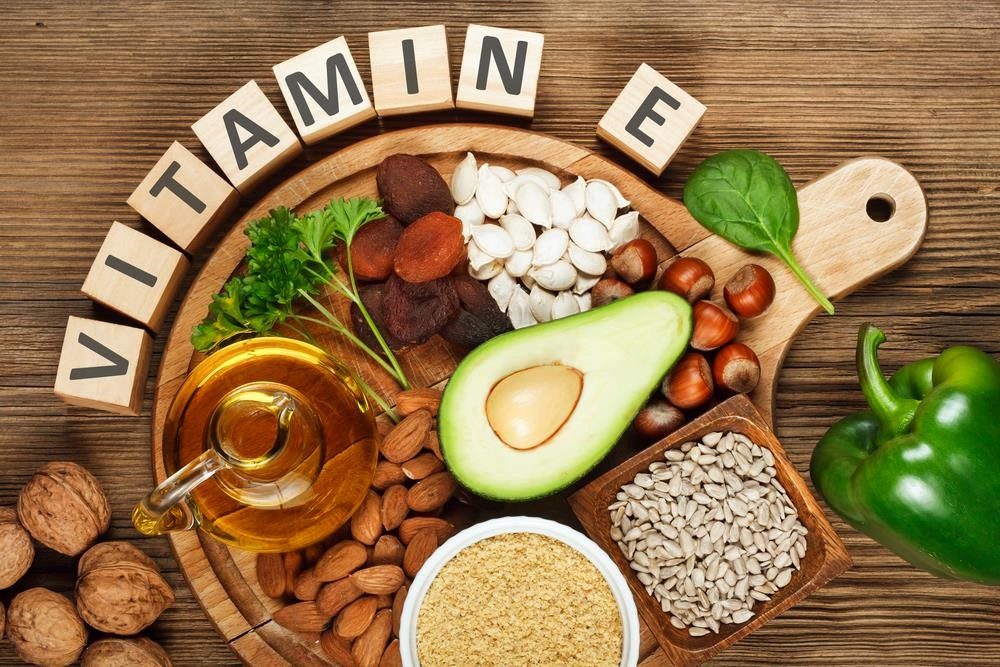
Vitamin E is the collective name of the eight liposoluble compounds with distinctive antioxidant activities. This particular vitamin protects the skin from ultraviolet rays, prevents cell damage from free radicals, improves communication between cells, and protects against prostate cancer and Alzheimer’s disease.
Some foods rich in vitamin E include spinach, Swiss chard, turnip greens, mustard greens, cayenne pepper, almonds, sunflower seeds, wheat germ, asparagus, peppers, whole grain cereals and safflower oil.
4. Dietary Fiber
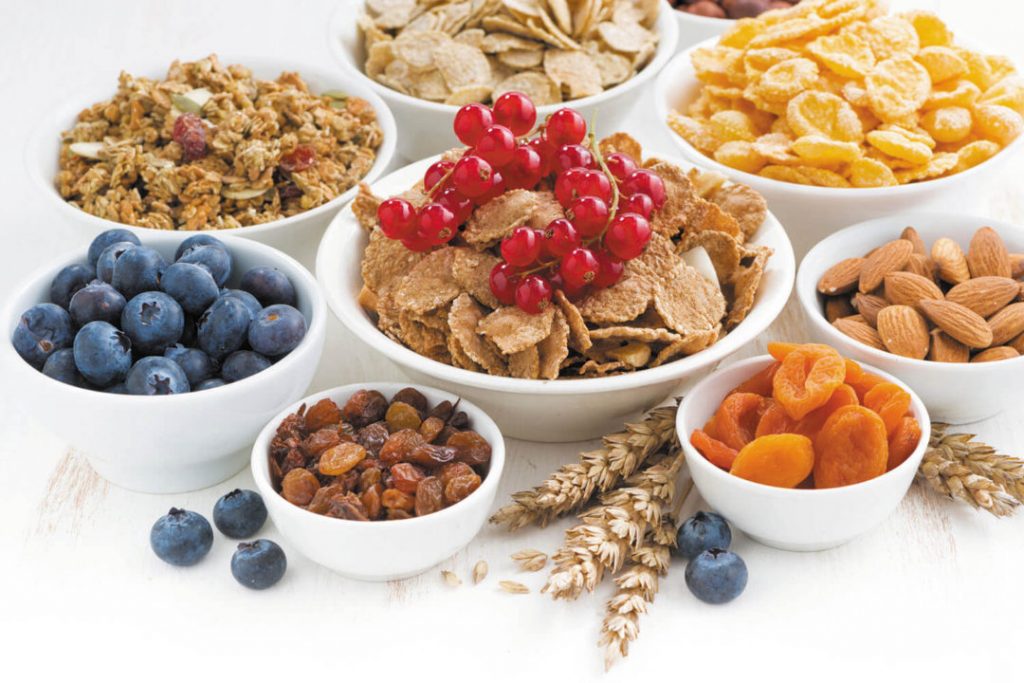
The American Dietetic Association defines fiber as complex carbohydrates that the body can not digest or absorb. Instead, it passes relatively intact through the stomach, small intestine, and colon and out of your body.
A diet high in fiber normalizes bowel movements, helps maintain bowel health, lowers cholesterol levels, helps control blood sugar levels, and helps in achieving a healthy weight. It also reduces the risk of developing chronic diseases, including heart disease, cancer, and type 2 diabetes.
Some foods that are high in fiber include whole grain crackers, quinoa, millet, barley, ground wheat, wild rice, black beans, chickpeas, turnip greens, oats, flax seeds, mustard greens, cabbage leaves, beans white, aubergines, raspberries, and cinnamon.
5. Folic acid (vitamin B9)
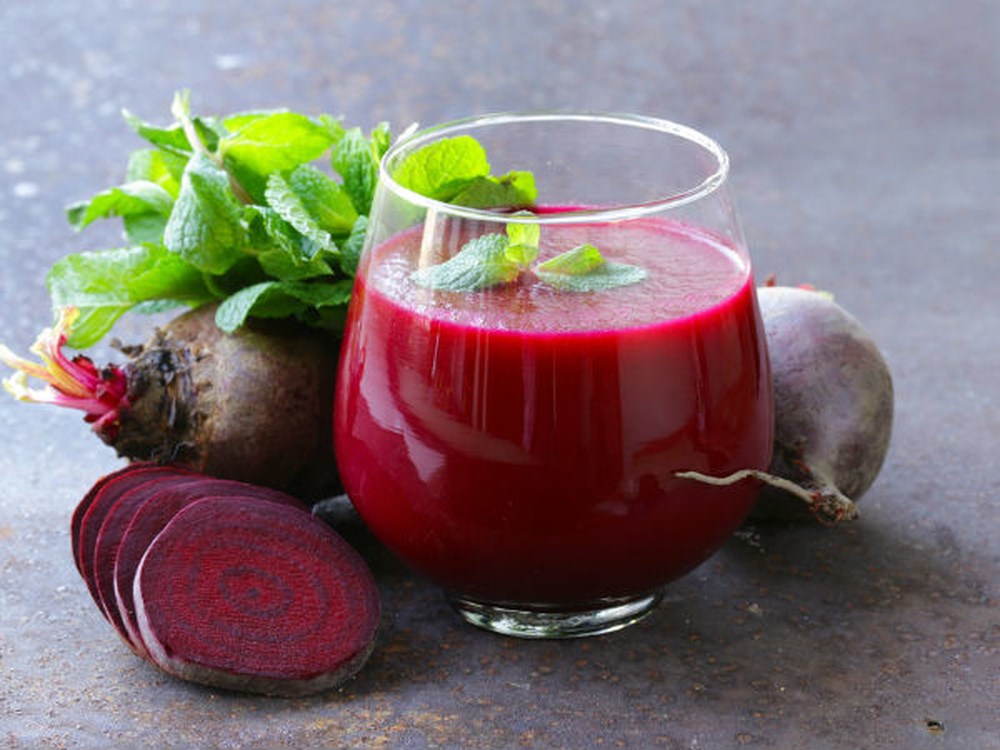
Folic acid is a form of water-soluble vitamin B9. Folic acid is compatible with the production of red blood cells to prevent anemia, prevents the accumulation of homocysteine in the blood, and helps the function of the nerves properly. It also prevents bone fractures and dementias related to osteoporosis, including Alzheimer’s disease.
The body can not store folic acid, so it is very important to consume every day to maintain an adequate amount in the system.
Some good sources of folic acid are romaine lettuce, spinach, asparagus, turnip greens, mustard greens, parsley, kale, broccoli, cauliflower, beets, lentils, asparagus, cabbage, egg yolks and lettuce.
6. Iron
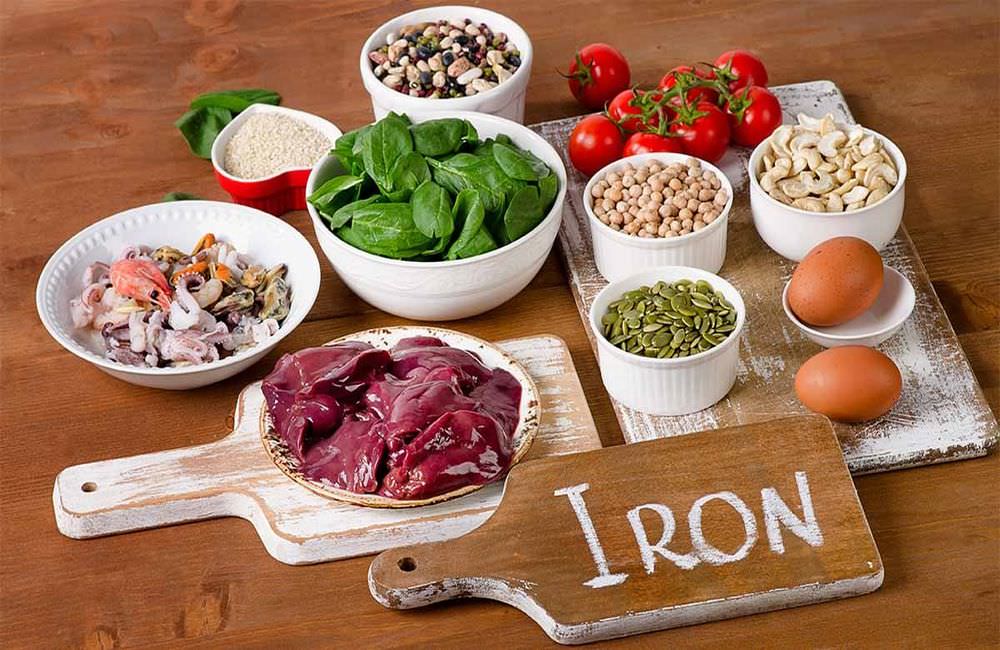
Iron helps produce red blood cells, which carry oxygen throughout the body. It is also necessary to support the proper metabolism of muscles and other active organs. The lack of iron in the body can lead to iron-deficiency anemia that can cause fatigue, weakness, and irritability.
Some foods rich in iron include oysters, red meats, chicken liver, soy, enriched cereals, pumpkin seeds, beans, lentils, spinach, nuts, dried apricots, brown rice, watercress, kale, Swiss chard, thyme, Asparagus, cumin, turmeric, tofu, molasses, cabbage leaves, leeks, oregano, black pepper, basil and turnips.
Also increasing the amount of vitamin C in your diet will help your body absorb iron more effectively.
7. Magnesium
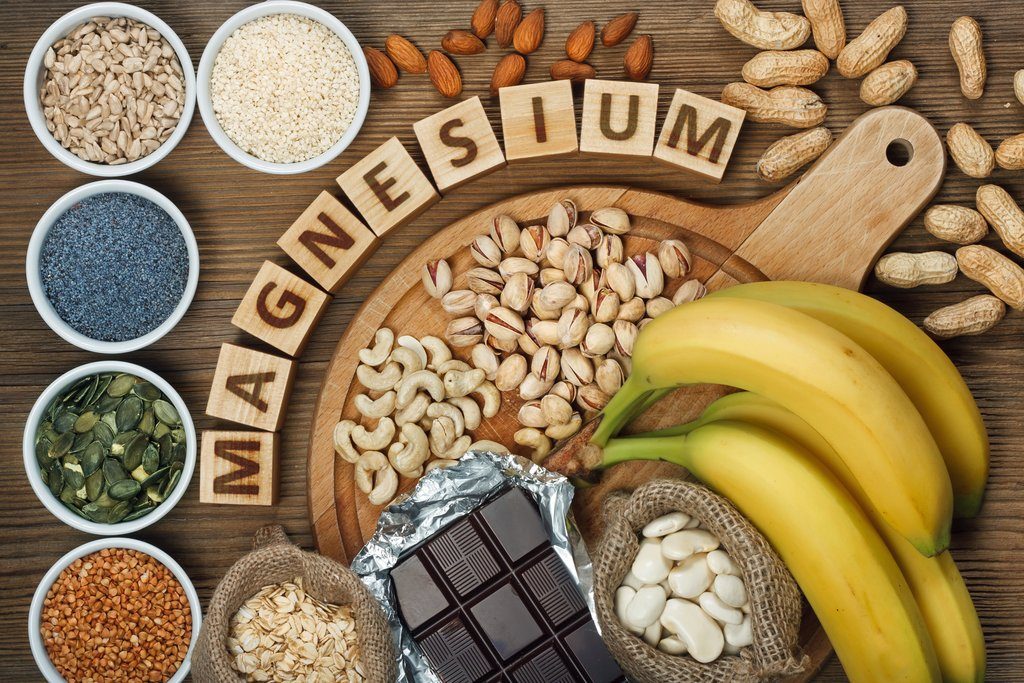
Magnesium contributes to the strength of the bones, allows the production of energy, stimulates the immune system, and normalizes the muscles, nerves and the functioning of the heart. In fact, this mineral is very essential for a normal heartbeat. Foods that are high in fiber are usually also rich in magnesium.
Some good foods to eat and get magnesium are legumes, whole grains, broccoli, pumpkin, spinach, almonds, cashews, peanuts, soy milk, black beans, avocado, brown rice, oatmeal, beans, banana, pumpkin seeds and seeds of sesame.
8. Omega-3 fatty acids

Omega-3 fatty acids are considered essential fatty acids (ALA, DHA, and EPA) that help build cells, regulate the nervous system, strengthen the cardiovascular system, develop immunity, and help the body absorb the essential nutrients.
They also reduce the risk of becoming obese and improve the body’s ability to respond to insulin. They even help prevent the growth of cancer cells.
Some of the best sources of omega-3 fatty acids are flaxseed, walnuts, salmon, sardines, meat, soy, halibut, scallops, shrimp, canola oil, flaxseed, olive oil, and tofu.
9. Calcium
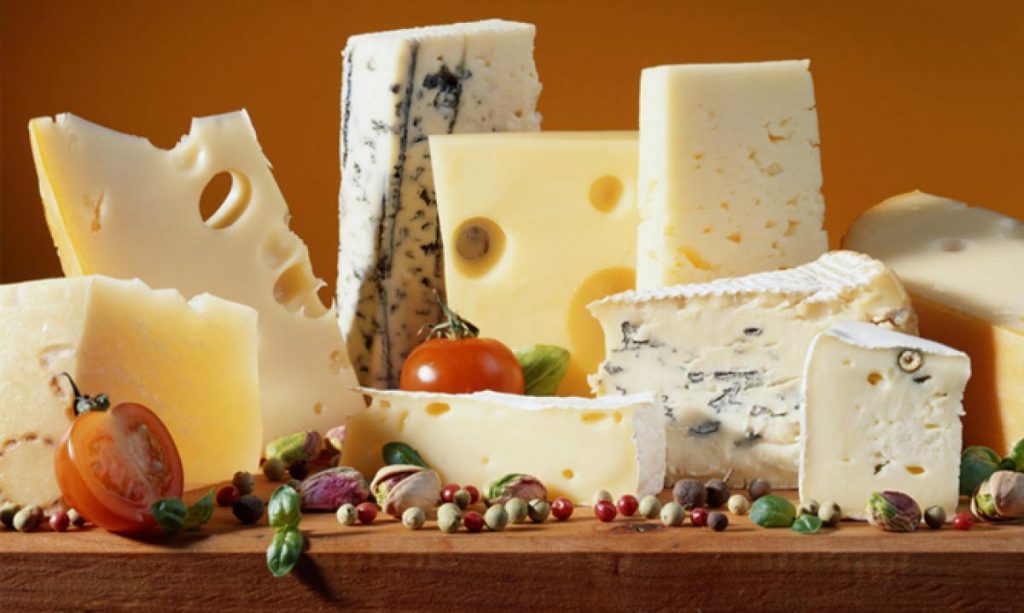
The mineral calcium plays a key role in the maintenance of healthy teeth and bones. It also promotes the healthy nerve and functioning of the muscles, helps maintain the pH balance in the blood, and helps the body convert food into energy. It has been found that adequate calcium intake also lowers blood pressure, as well as weight control.
Some foods rich in calcium are yogurt, cheese, milk, tofu, black molasses, sesame seeds, sardines, kale, spinach, turnip greens, and scallops.
10. Protein
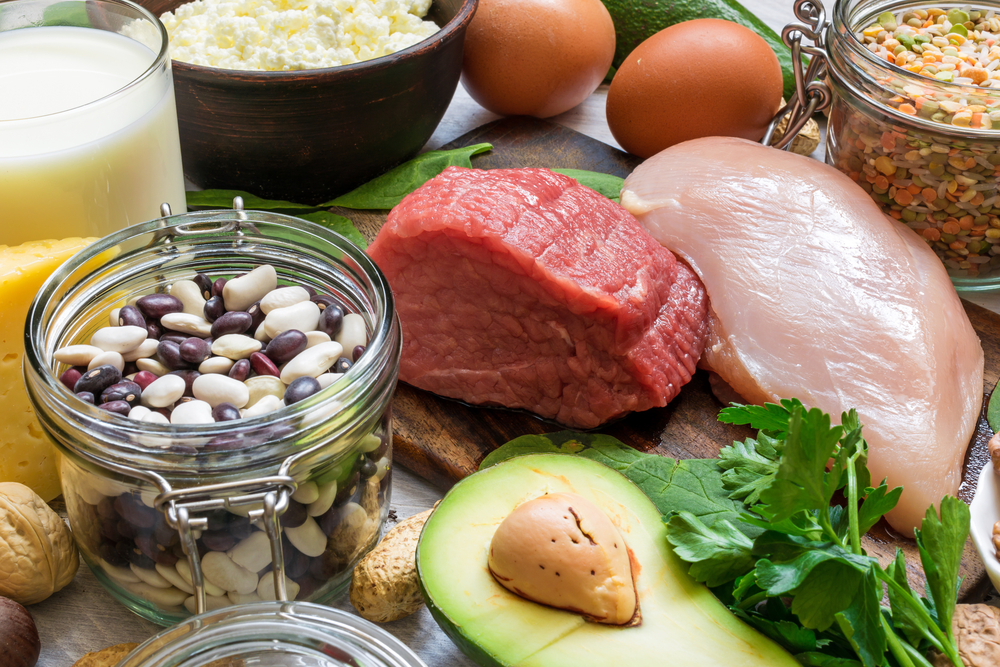
Proteins help the function of the immune system correctly; keeps healthy skin, hair, and nails; and, assist the body in the production of enzymes.
Protein is considered the fundamental pillar of life because the body needs it to repair and maintain itself. Protein is important to support proper growth and development during childhood, adolescence, and pregnancy.
Some protein-rich foods are turkey, tuna, prawns, cod, halibut, salmon, scallops, sardines, chicken, lamb, grass-fed beef, liver, spinach, tofu, mustard greens, asparagus, soybeans, cheese, mushrooms, veal eggs, summer squash, split peas, and chickpeas.
Make sure you get the right amounts of these essential nutrients in your diet every day. If you are not getting some of these nutrients through your diet, you can take supplements, but consult your doctor first.
Related














